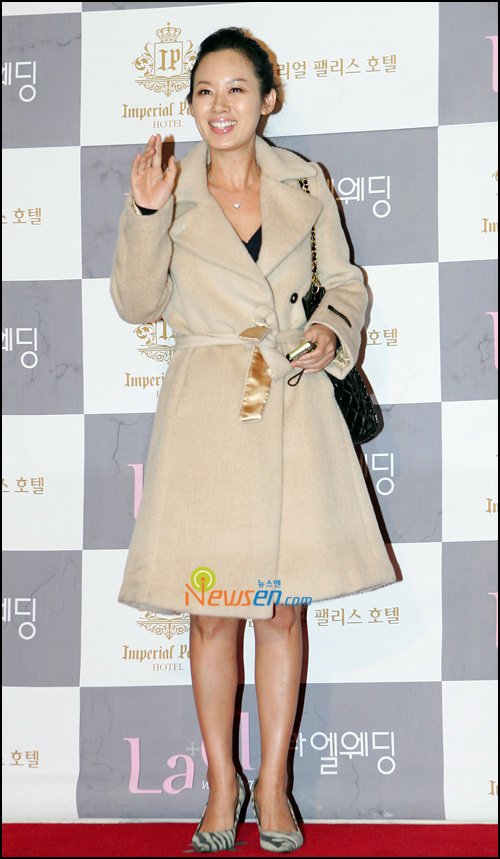

This was a tableau of the King’s madness. He claimed that he killed the “undead” when in reality, he slaughtered the living.Īnd this overhead shot. You couldn’t see King Taejong’s face since it was covered in blood. By the end of his rampage, the director gave us this shot, here: Now, do you see why I found the script and the visuals problematic? Mind you, this was the opening scene. Eventually, he slaughtered the whole village. So, again and again, he chased after his vision to kill it with his sword. The image of father kept reappearing in the crowd. He realized too late that he had killed one of the village folks. His father was accusing him of killing his younger brother, so in a fit of rage, King Taejong charged at his vision of his father and slashed it to death. In the middle of this homage, he began hallucinating that his dead father, the former King, stood among the villagers. King Taejong single-handedly massacred a village of innocent people.Īfter he and his troop succeeded in killing an army of zombies, the villagers came out to give him thanks. Instead what I found disturbing were these five issues, in the first 30 minutes of the Episode 1.ġ. Thus, the Chinese food props didn’t set off warning bells for me. He expected them to be abstemious like Buddhist monks, when, on the contrary, they were gluttonous. As the Prince’s aide explained, they were unfamiliar with the ways of these foreigners. My impression here was that the Prince was being extremely hospitable to his guests by providing them with food that they’d requested.
:max_bytes(150000):strip_icc()/GettyImages-148666076-5e5d55a316204ea8a309e4b531dc7821.jpg)
I wouldn’t know that the food served to the Vatican priest and his interpreter wasn’t traditional Korean cuisine, but Chinese fare. Unlike the netizens, it had nothing to do with the Chinese props used for the dinner scene. When I discovered that this writer also wrote “Joseon Exorcist,” I understood why the first episode was problematic to me. It’s tawdry, and rather insulting to the LGTB movement. Remove the time travel, the food porn, and the palace intrigue, and all you get is a fantasy tale of a nonconsensual relationship between two royalties for the main purpose of titillating the audience with homoeroticism. mockery of the life of - not one, but two - historical figures. trivialization of rape under the influence of alcohol,ī. But I don’t need to be Korean, or Asian for that matter, to feel outrage at this writer’s -Ī. I’m not Korean I don’t have Korean sensitivities. That’s the inconvenient truth that fangirls of this drama ignore. Never mind the fact that had the King known of the Queen’s body swap with BongHwan, he too would have been grossed out about their encounter, like BongHwan. But this neanderthal of a writer swept the issue of rape under the rug by depicting Bonghwan’s emotional turmoil as nothing more than his homophobia showing.įacepalm! This feeds exactly into the false narrative that a drunk person shouldn’t complain about rape because she/he “deserved” it, and that a rape victim “secretly” wanted the sex anyway. BongHwan rightly felt violated the following morning. It’s abhorrent that this writer used the sexual assault of a drunk man as a plot device to level up the relationship. I didn’t find it funny that the male character, BongHwan, was too drunk to consent to sex with the King. Now, as dreadful as this original Chinese drama was, this Kdrama writer made it even worse.


Seriously, anybody who can’t see the problem there needs to get her/his vision checked. But – damnit – viewers should feel a dissonance in their views when they turn a blind eye to the theft of heroine’s body, and the suppression of her agency and voice, while they fetishize the heroes’ relationship. Now, I don’t care if the writer wants to write about BL (Boys Love) romance and couch it as a body swap affair to circumvent the censors. But to me, it was this writer’s ploy to bypass the Chinese government censorship of homosexual content in media. Many wouldn’t see anything wrong with that. Queen.” If you remember I objected to the original Chinese story chiefly for its latent misogyny: a male soul usurped a female body and soul, and lived happily ever after with his male lover. He’s the same writer who adapted that trashy Chinese drama, “Go Princess Go” and wrote an even trashier screenplay “Mr. And I’m sure these kdramas are more exhausting, tedious, and expensive to produce because of the COVID safety protocols.īut I say that for the writer Park Gye-Ok, it was about time. When I read that this kdrama was canceled after two episodes, my instant reaction was:


 0 kommentar(er)
0 kommentar(er)
